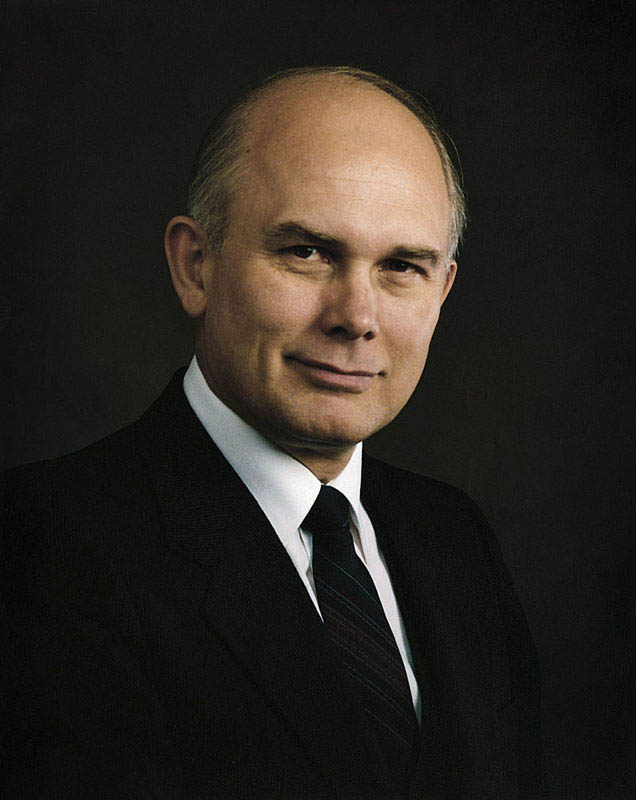Have you ever thought to yourself: My life will be so much better and therefore I’ll behave so much sweeter as soon as (fill in the blank) happens? I’m sure we all have at times. As we all eventually find out, that perfect tomorrow never arrives, and we will always only have today with its present challenges.
There is an important principle of the Gospel known as restoration. It’s as simple as this—we get what we put out. Happiness is one example. Sometimes we imagine in our minds circumstances that will make us happy, and we wait until those circumstances come together to be happy. Really, though, if you want to be happy, you need to create happiness for others. Then you will find you can’t help experiencing it yourself.
 Restoration is not just a principle for this life, but it extends to the next. Dallin H. Oaks, current Apostle of The Church of Jesus Christ of Latter-day Saints (or Mormons), said the following regarding resurrection and restoration:
Restoration is not just a principle for this life, but it extends to the next. Dallin H. Oaks, current Apostle of The Church of Jesus Christ of Latter-day Saints (or Mormons), said the following regarding resurrection and restoration:
The assurance of resurrection also gives us a powerful incentive to keep the commandments of God during our mortal lives. Resurrection is much more than merely reuniting a spirit to a body held captive by the grave. We know from the Book of Mormon that the resurrection is a restoration that brings back “carnal for carnal” and “good for that which is good” (Alma 41:13; see also Alma 41:2–4 and Hel. 14:31). The prophet Amulek taught, “That same spirit which doth possess your bodies at the time that ye go out of this life, that same spirit will have power to possess your body in that eternal world” (Alma 34:34). As a result, when persons leave this life and go on to the next, “they who are righteous shall be righteous still” (2 Ne. 9:16), and “whatever principle of intelligence we attain unto in this life … will rise with us in the resurrection” (D&C 130:18). (“Resurrection,” Ensign, May 2000, 14)
Thanks to our elder brother Jesus Christ, every person who has ever lived on the earth will have the privilege of being resurrected. That means they will come back to life in their perfect form, free from disease and from the possibility of dying. However, the way we’ll feel about ourselves and those around us will not magically transform the same way our bodies will. We will have the same tendencies toward happiness or misery, selfishness or selflessness. As Elder Oaks pointed out, knowing that should help us want to get a handle on those attitudes that prevent us from experiencing joy now, as we will find the process of dying and coming back to life won’t simply make them disappear.
So practice living today the way you know you want yourself and your children to live forever. That doesn’t mean beat yourself up when you fall short. Our Father in Heaven knew we’d make mistakes, and He sent His Son Jesus Christ to atone for our sins so we could recover from our mistakes and move on and be better. But the next time you catch yourself thinking you’ll behave better as soon as (fill in the blank) occurs, remember that you could be thinking the same thing well into eternity, and that’s a very long time! We can and must begin the process of change now.


